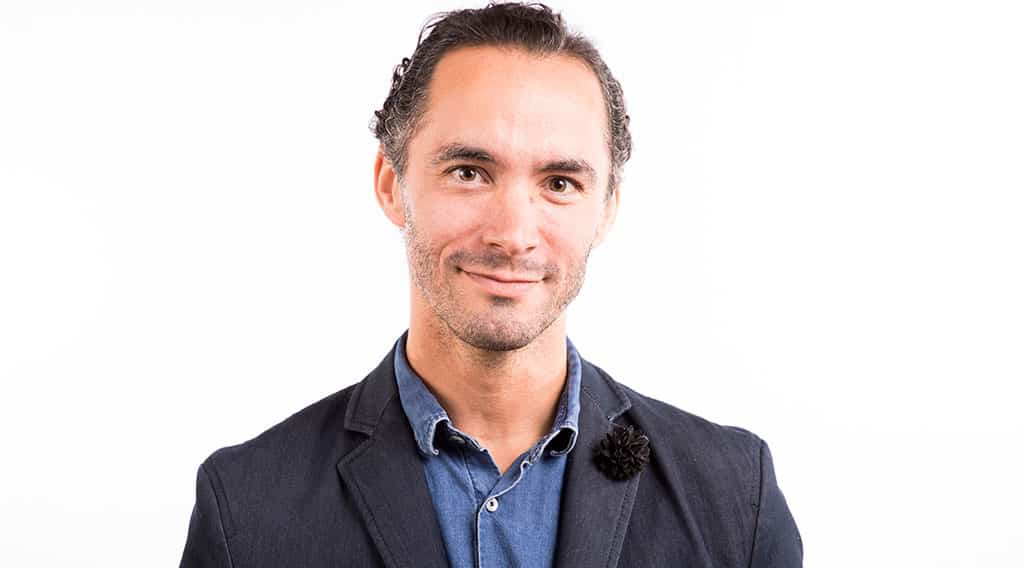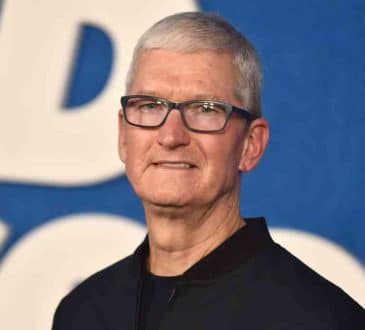Would You Prefer Your Company To Work Like A Symphony Orchestra Or An Improvisational Jazz Band?

Perhaps unsurprisingly, orchestras are a more popular metaphor for business than improvizational jazz bands. They both involve teams of talented specialists with clearly defined roles and responsibilities. They both rely on coaching and feedback in order to improve. They both aim to execute a clearly established vision as accurately and elegantly as humanly possible. And at the center of it all is an inspirational CEO/conductor – the human embodiment of discipline, poise and calm command.
Part of the allure of this business-as-symphony orchestra is the heroic status it bestows upon the CEO. Without this leader to inspire and direct, the entire company would collapse. There would be no plan to execute. And nobody to direct. The metaphor’s popularity rests largely in its ability to appeal to managers’ egos. But it’s almost totally useless as a way of describing how most businesses really work.
Think about it: how many organizations have you worked in that actually operate like a symphony orchestra? How many employees really look to their CEO for direction and feedback (as opposed to, say, their line managers and colleagues)? The reality of business is messy. As important as it is to set a clear strategy, a failure to improvize and respond to unforeseen changes would be absolutely fatal for most companies. The commercial world is complex and unpredictable. It’s dynamic and fast-moving.
That’s why the jazz band is a far more fitting analogy for most organizations.
It involves bringing together individuals with a diversity of talents to create change in a flexible, semi-structured environment that balances individual creativity with collective exploration. It is also a more fitting representation of the risk inherent in most fields of commercial endeavor – the potential for failure in business is far higher than the orchestra model allows for. Orchestras are trained for perfection and predictability. The CEO/conductor’s role is to iron out messy spontaneity, whereas a jazz CEO’s genius lies in making a virtue of it.
Jazz respects the majority of the rules of music, but challenges others. Academic and jazz musician Frank J Barrett studied how jazz bands improvise in a way that balances coherence with creativity. He identified that improvisation is perfected through practice. Jazz players build a repertoire of phrases and musical patterns through a process of imitating, combining, extending and altering other musicians’ music – these are referred to as ‘licks’ and ‘crips’. This process means that each new generation of jazz musician builds on the legacy of those that went before, breathing new life into the genre and laying the foundations for future generations to play hitherto unheard ideas.
Barrett has identified a set of characteristics that allow jazz bands to innovate without descending into chaos. Broadly speaking, these characteristics fall into three areas:
First, jazz bands and musicians practise ‘provocative competence’ – they resist the temptation to fall back on the notes and phrases that are comfortably within their repertoire, which is regarded as cheating in jazz circles. To guard against this, jazz musicians deliberately put themselves in unfamiliar musical situations. John Coltrane would play songs in difficult keys. Miles Davis would call tunes his band hadn’t rehearsed. In each case, the point was to break habits and encourage risk-taking.
Second, jazz brands turn errors into opportunities. Experimental jazz inevitably involves making the occasional mistake, but rather than ignoring an obviously wrong note, great jazz bands use the note as a creative springboard. They repeat it. They amplify it. They extend and build on it. They see where the wrong note takes them, and in doing so it becomes the start of something entirely new.
Third, jazz bands operate with minimal structure – but not an absence of structure – and rely on continual dialogue between the musicians. This is a participative and evolving process. Importantly, this form of collaboration is emotional rather than rational. To function well, jazz bands hang out with one another. They listen to and discuss the greats, share stories and ask about things they don’t understand. They achieve a level of mutual respect and understanding that allows them to anticipate each other’s actions and intentions. This is underappreciated in many businesses and overlooked in the growing body of management literature that focuses on the importance of ‘fun’ at work. Hanging out with colleagues, swapping stories and sharing interests is about more than productive teams or workplace wellbeing – it’s about establishing a more flexible concept of leadership.
Jazz musicians learn to become comfortable taking turns leading and supporting. Learning is a shared experience. And so is leading. When the CEO needs to go on a trip or decides to take a holiday then the band can play on. It can continue to produce astounding work, because it doesn’t need constant direction. The jazz approach to business also benefits the CEO; as well as being able to take a holiday, the jazz CEO spends as much time supporting as leading. Not only does this encourage a degree of humility and humanity, it also makes being a CEO a far less lonely place to be.
Written by Nick Liddell.
Have you read?
# Best Cities In The World For Shopping In 2019.
# Best Law Schools In The World, 2019.
# Best Film Schools In The World For 2019.
# Best Music Schools In The World For 2019.
Add CEOWORLD magazine to your Google News feed.
Follow CEOWORLD magazine headlines on: Google News, LinkedIn, Twitter, and Facebook.
This report/news/ranking/statistics has been prepared only for general guidance on matters of interest and does not constitute professional advice. You should not act upon the information contained in this publication without obtaining specific professional advice. No representation or warranty (express or implied) is given as to the accuracy or completeness of the information contained in this publication, and, to the extent permitted by law, CEOWORLD magazine does not accept or assume any liability, responsibility or duty of care for any consequences of you or anyone else acting, or refraining to act, in reliance on the information contained in this publication or for any decision based on it.
Copyright 2024 The CEOWORLD magazine. All rights reserved. This material (and any extract from it) must not be copied, redistributed or placed on any website, without CEOWORLD magazine' prior written consent. For media queries, please contact: info@ceoworld.biz
SUBSCRIBE NEWSLETTER








